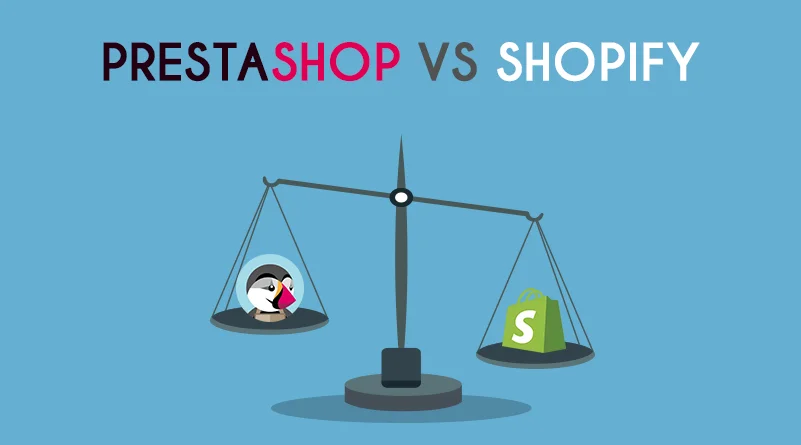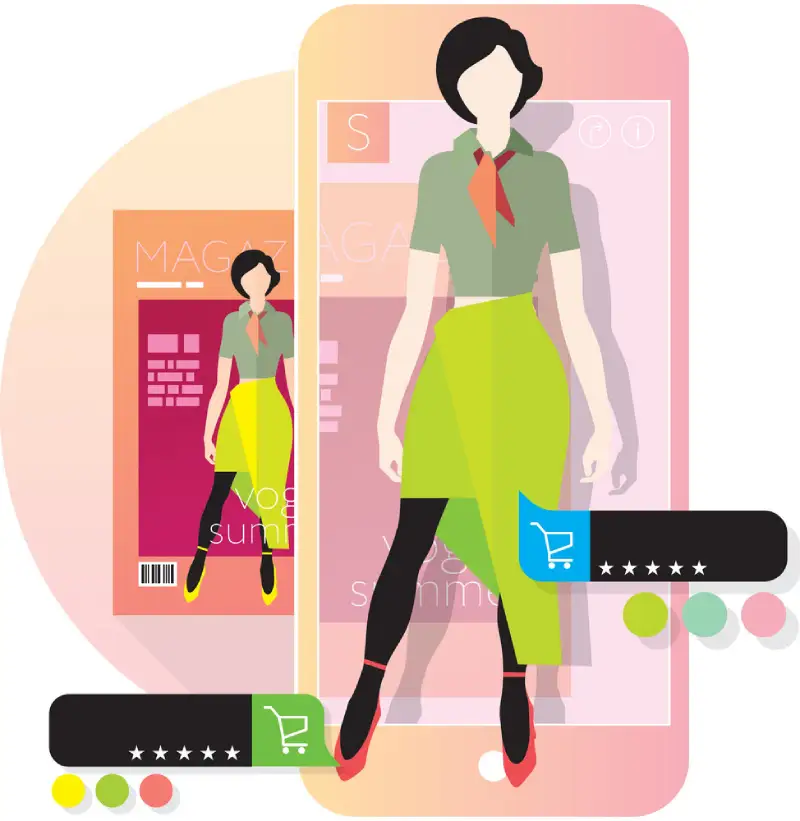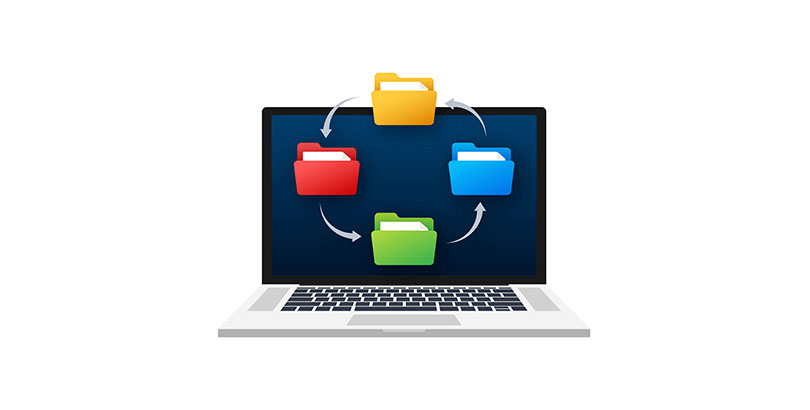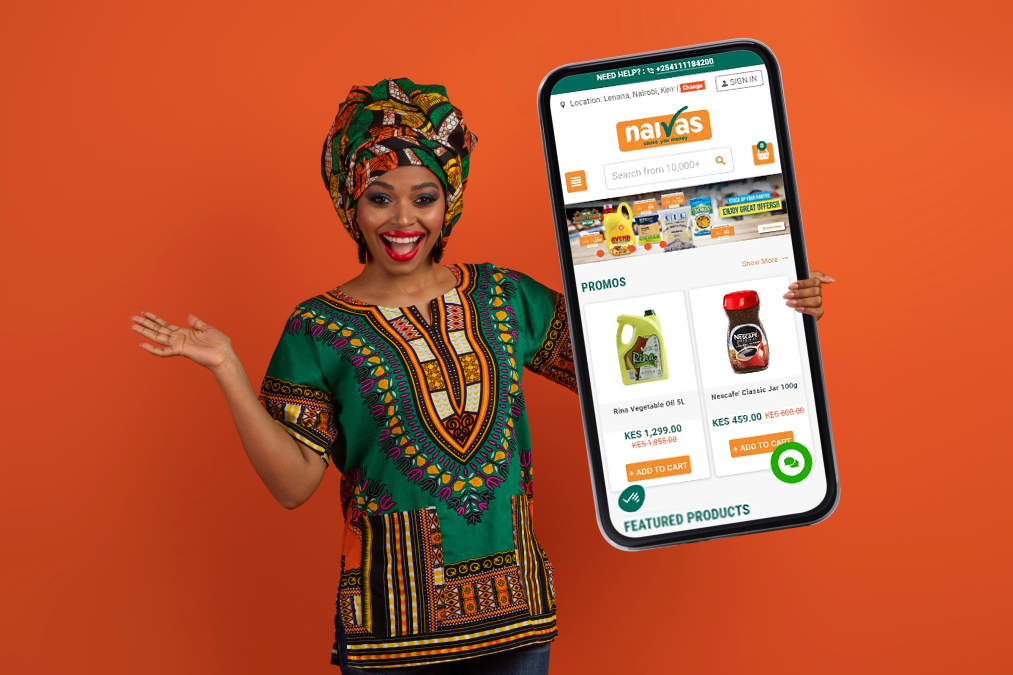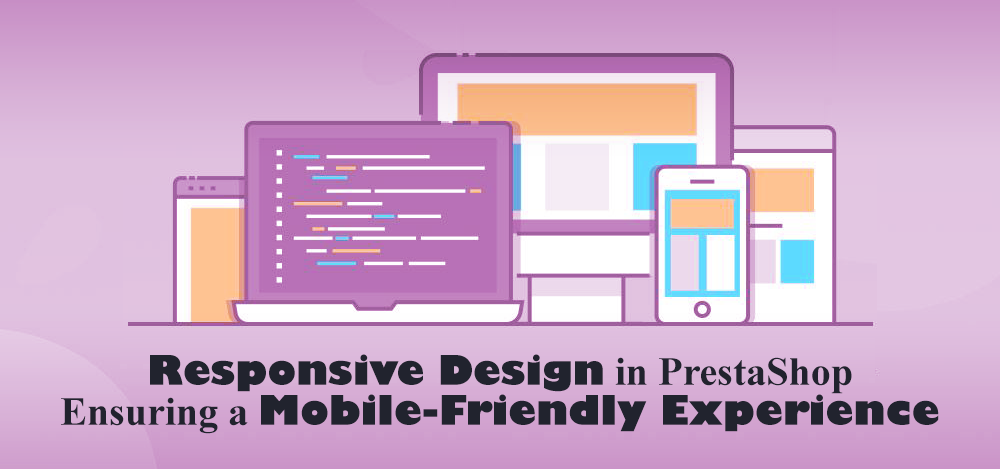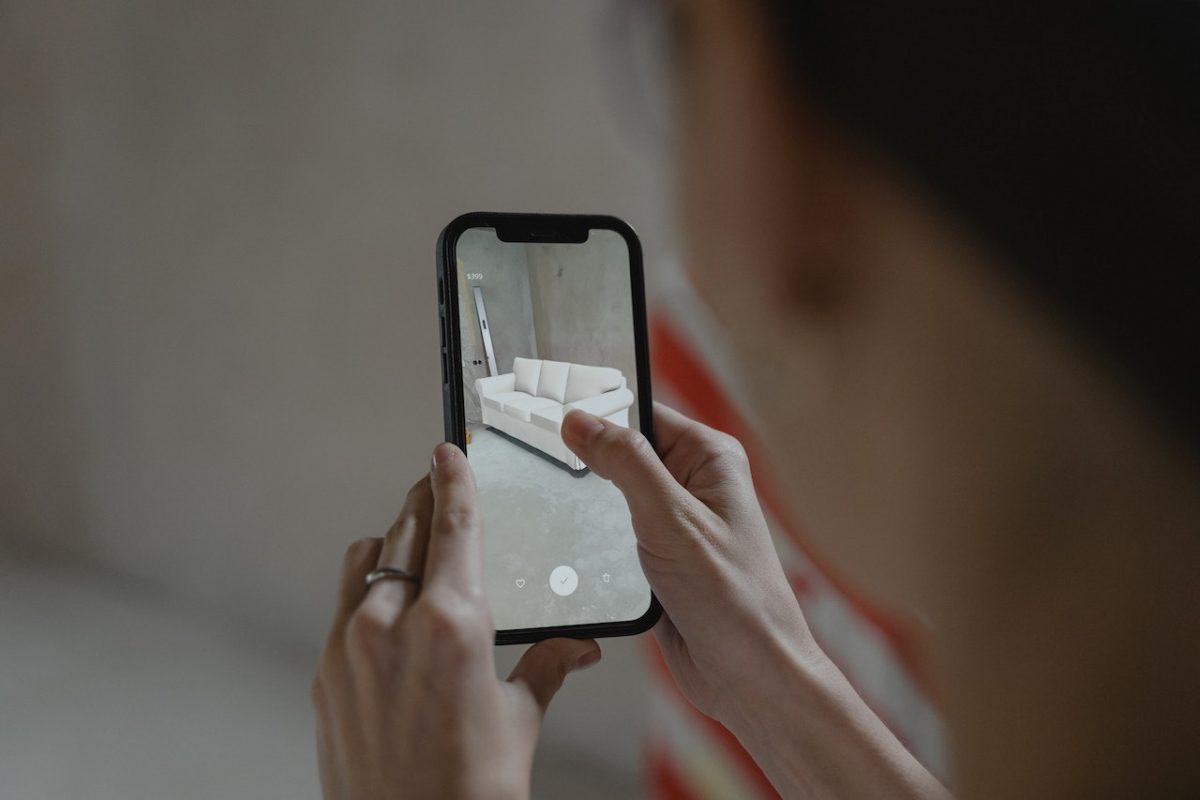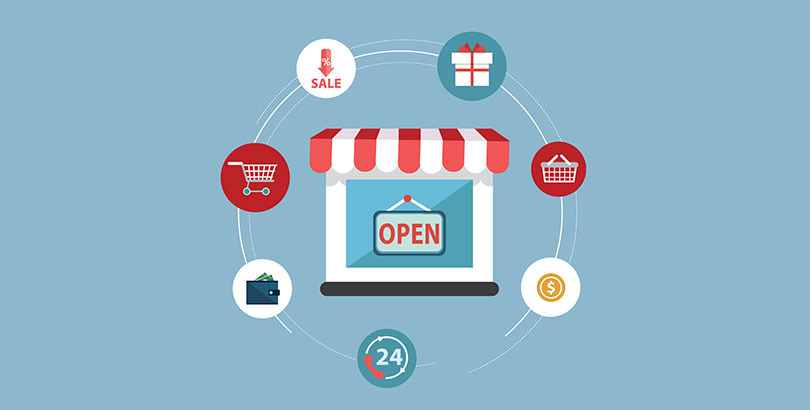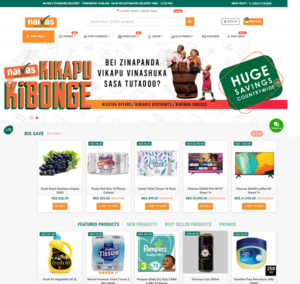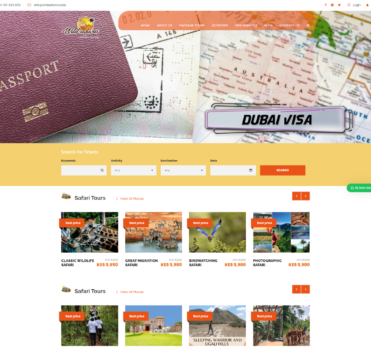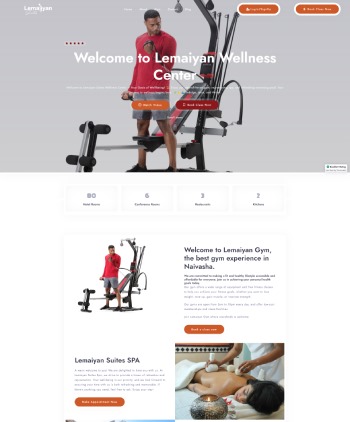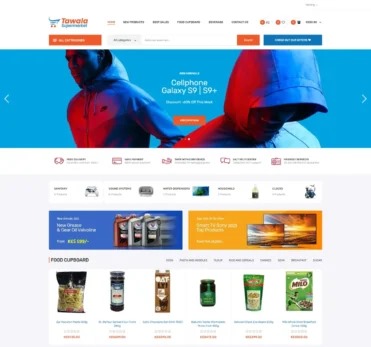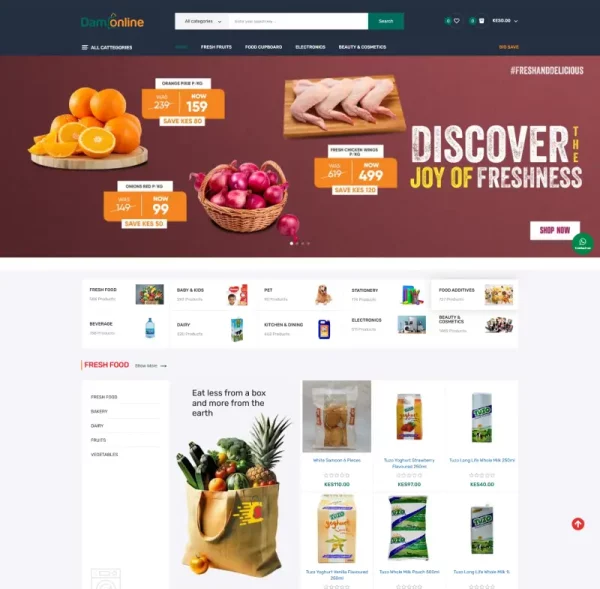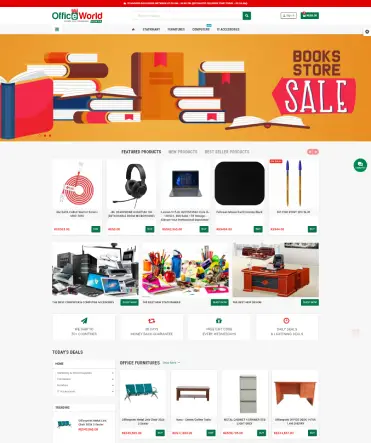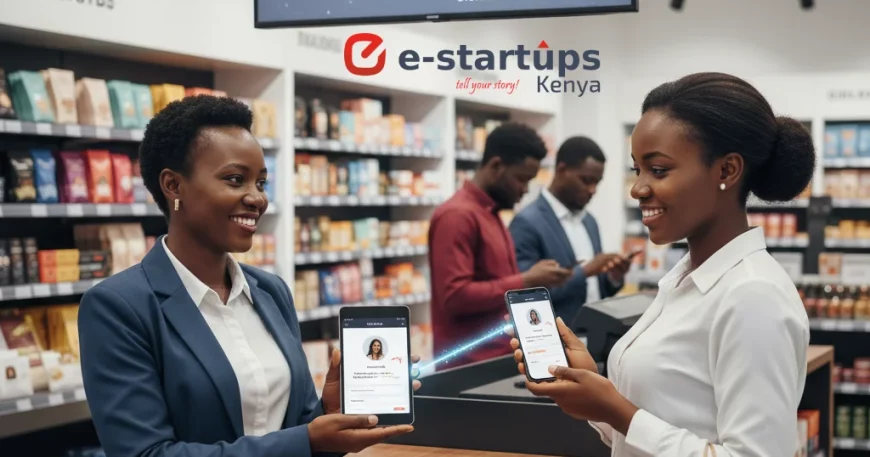In today’s competitive retail landscape in Kenya, products alone no longer guarantee loyalty. Consumers are increasingly informed, connected, and selective. Retailers need more than a store or a website; they need a systematic way to understand, engage, and retain customers. That’s where Customer Relationship Management (CRM) systems come in.
CRM for retail goes beyond contact lists. It allows businesses to track customer behavior, personalize communication, and deliver experiences that keep shoppers coming back. With the rise of digital interactions, mobile payments, and online ordering in Kenya, implementing a CRM is no longer optional — it’s essential.
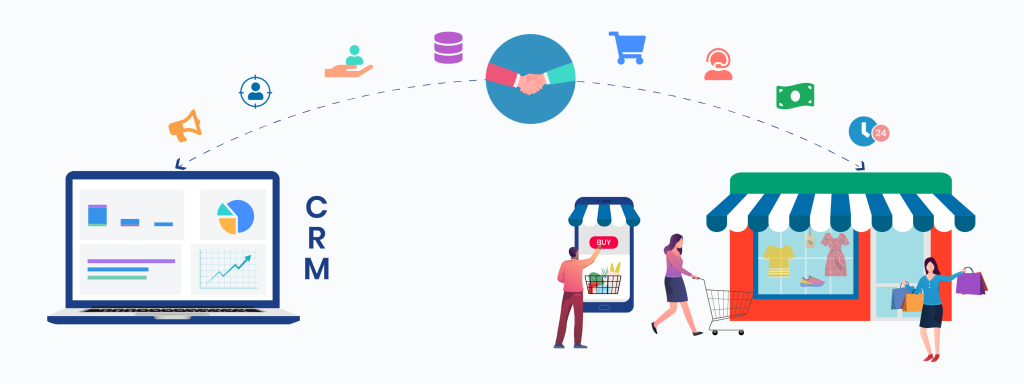
Why CRM Matters for Kenyan Retailers
Many Kenyan retailers still rely on manual customer tracking — Excel sheets, handwritten notes, or memory. This approach is inefficient, prone to errors, and limits personalization. In contrast, a CRM system centralizes customer information, purchase history, and engagement patterns, enabling smarter decision-making.
A CRM helps retailers:
✅Identify high-value customers and reward loyalty
✅Track buying patterns to optimize inventory
✅Send personalized promotions via email, SMS, or WhatsApp
✅Measure the effectiveness of marketing campaigns
For instance, a Nairobi-based fashion retailer can use a CRM to notice that a customer buys accessories every December. With this insight, they can send timely promotions, increasing repeat purchases and satisfaction.
How Digital CRM Enhances Customer Relationships

Digital CRM systems provide tools that integrate seamlessly with retail operations. When connected to sales, ecommerce, and mobile payment systems, CRMs allow retailers to:
1. Automate Communication
Instead of manually messaging customers, digital CRMs can send automated reminders, promotional offers, or follow-ups, enhancing engagement without extra staff effort.
2. Personalize Shopping Experiences
By analyzing past purchases and preferences, retailers can recommend products tailored to each customer, boosting conversions and loyalty.
3. Centralize Customer Data
All information — from contact details to transaction history — is stored in one place. Staff can quickly access records, answer queries, and provide better service.
4. Track Loyalty Programs
CRM platforms track points, tiers, and rewards automatically, making loyalty schemes transparent and easy to manage. Customers see instant benefits, which encourages repeat visits.
5. Analyze Performance
Retailers can generate reports to see which products are popular, which promotions work, and which segments are most profitable. Data-driven decisions improve marketing ROI and operational efficiency.
Steps to Build a CRM for Retail
Step 1: Define Your Goals
Identify what you want from your CRM. Is it improving loyalty, increasing sales, or streamlining communication? Clear goals guide system design and features.
Step 2: Choose the Right Platform
Select a CRM compatible with your sales channels. Cloud-based options are ideal for Kenyan retailers, as they offer scalability, mobile access, and integration with POS systems and payment gateways like M-Pesa and Airtel Money.
Step 3: Integrate With Sales and Marketing Tools
Connect your CRM to POS systems, ecommerce platforms, email marketing, and social media. This ensures a unified view of customer interactions across all touchpoints.
Step 4: Segment Customers
Organize customers based on purchase frequency, spending, or preferences. Segmentation allows targeted campaigns and personalized experiences.
Step 5: Train Staff
Ensure your team knows how to use the CRM effectively. A system is only as useful as its users.
Step 6: Monitor and Adjust
Regularly review reports and adjust campaigns based on insights. Continuous optimization keeps your CRM aligned with business goals.
Real-World Impact
A chain of supermarkets in Kenya implemented a CRM connected to their POS and online store. Within months, they were able to segment customers by shopping behavior, send personalized offers via SMS and WhatsApp, and track loyalty points digitally. Repeat purchases increased by 35 percent, and customer satisfaction scores improved significantly.
How E-Startups Kenya Supports Retail CRM
At E-Startups Kenya, we specialize in building CRM systems tailored for the Kenyan retail market. Our solutions integrate seamlessly with existing POS systems, ecommerce platforms, and mobile payment solutions.
Retailers partnering with us benefit from:
• Customized CRM dashboards and reporting
• Automated messaging for marketing and customer engagement
• Loyalty program management
• Integration with M-Pesa, Airtel Money, and card payments
• Cloud-based access for multi-branch operations
• Insights into customer behavior for smarter decision-making
Our CRM solutions empower retailers to deliver personalized experiences, strengthen loyalty, and optimize operations across Kenya and Africa.
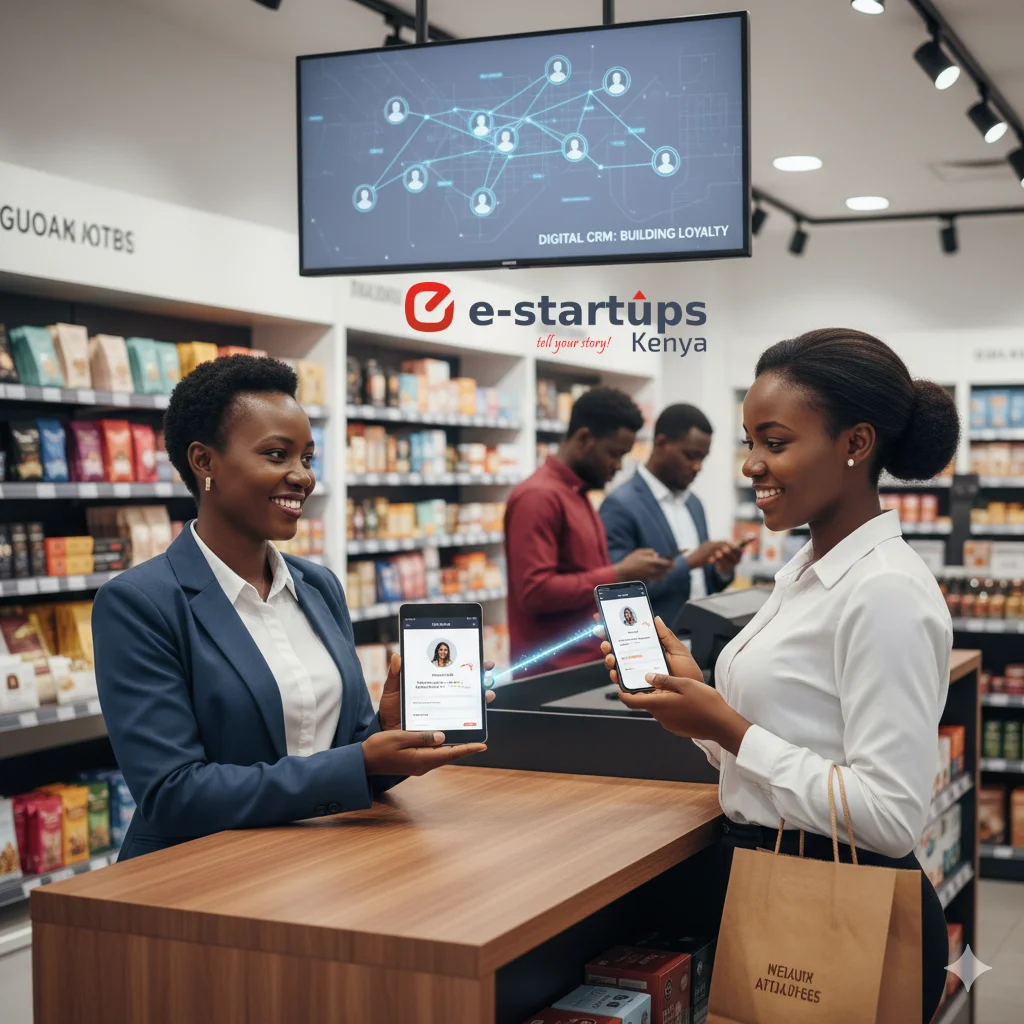
FAQs
What is a CRM system for retail?
A CRM system helps retailers manage customer information, track interactions, and automate marketing to build stronger relationships.
Can small retailers benefit from CRM?
Yes. Even small shops can track purchases, send personalized messages, and manage loyalty programs efficiently.
Is integration with mobile payments possible?
Absolutely. CRMs can connect with M-Pesa, Airtel Money, and card payment platforms for seamless customer experiences.
How does CRM improve sales?
By analyzing customer behavior and targeting personalized offers, CRMs increase repeat purchases and customer lifetime value.
Do retailers need technical expertise to implement CRM?
No. With a partner like E-Startups Kenya, we handle setup, integration, and staff training.
Conclusion
In Kenya’s evolving retail landscape, understanding your customers is a competitive advantage. A digital CRM system provides the tools to track behavior, engage effectively, and deliver personalized experiences that increase loyalty and sales.
By partnering with E-Startups Kenya, retailers can implement CRM solutions that are easy to use, scalable, and perfectly aligned with local business realities. Build stronger relationships, retain more customers, and grow your retail brand digitally.


